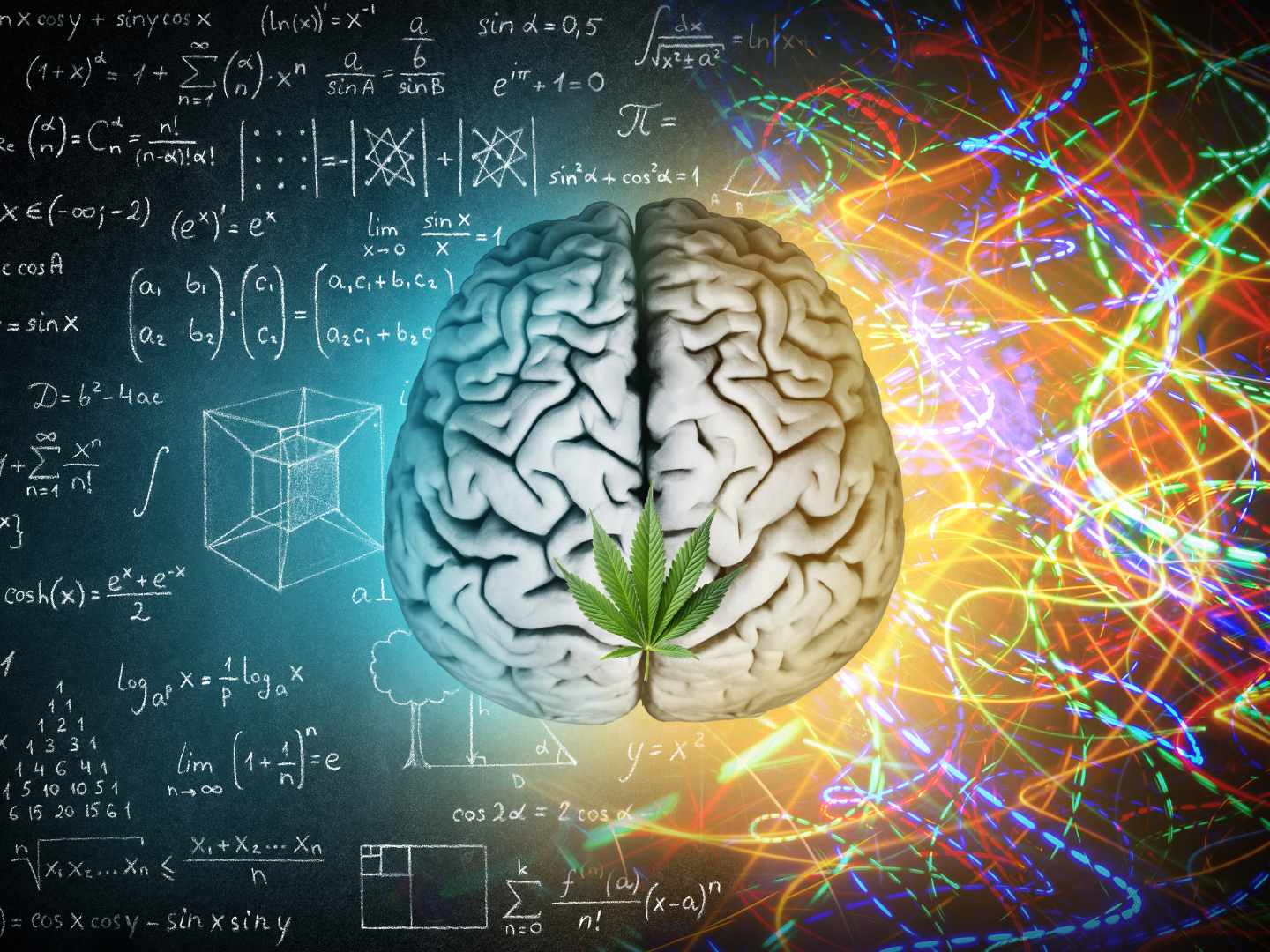Cannabis and Cognition: The Surprising Link Between Cannabis and Sharper Minds

Breaking Down the Stereotype
For decades, the stereotype has been that cannabis dulls the mind, slows memory, and leaves people in a permanent haze. It’s been an easy punchline for critics and prohibitionists alike. But a federally funded study has just blown a hole straight through that old narrative. Researchers analyzing data from nearly 38,000 adults in the United Kingdom, ages 44 to 81, found that cannabis users outperformed non-users on cognitive tests. Even more striking, brain imaging showed that users had neural connectivity patterns more typical of younger adults, pointing to a possible slowing of the brain’s natural decline. That’s not a haze—it’s clarity.
The Science of Neuroprotection
The research team, spanning Georgia Tech, Emory, Georgia State, and the University of Colorado, suggests that cannabinoids may have neuroprotective effects. The brain thrives on a balance between specialization and flexibility—networks that can stay efficient without becoming rigid. As we age, that balance typically erodes. But in cannabis users, brain scans revealed stronger network segregation and integration, the very hallmarks of youthful cognitive performance. Put simply, cannabis may help the brain resist some of the normal wear and tear of aging.
Why Older Adults Are Paying Attention
The fastest-growing group of cannabis users today isn’t young twenty-somethings—it’s older adults. More and more people are turning to cannabis to manage chronic pain, reduce anxiety, improve sleep, or cope with other conditions that surface later in life. This new research suggests those benefits may come with a surprising bonus: keeping the mind sharper. With dementia and other forms of cognitive decline looming large over aging populations, the idea that cannabis could help preserve brain health deserves serious attention from both doctors and policymakers.
A Different Picture for Younger Users
Of course, the story is nuanced. A separate study of younger adults, ages 22 to 36, found that heavy cannabis use was linked to reduced brain activation during working-memory tasks. In that research, most heavy or recent users showed impaired function in specific areas. That contrast is important: cannabis doesn’t act the same way across all ages and contexts. The same plant that helps protect resilience in older brains may tax younger brains when it’s overused. The real takeaway is that cannabis and cognition are deeply connected, but the impact depends on who’s using, how often, and why.
Shifting the Narrative Around Cannabis and Cognition
What matters most is how this study changes the conversation. Cannabis has long been painted as a threat to mental sharpness. Now, we’re seeing evidence that it may be one of the very tools that preserves it. This is not about saying cannabis is a cure-all—it’s about recognizing its potential as part of healthy aging. For too long, the stigma has kept cannabis in the shadows. With research like this, the light is finally hitting the truth: cannabis isn’t erasing our minds, it may actually be helping us keep them intact.
Please note: You are not currently logged in. Only members can contribute comments. If you would like to contribute click the button below.
